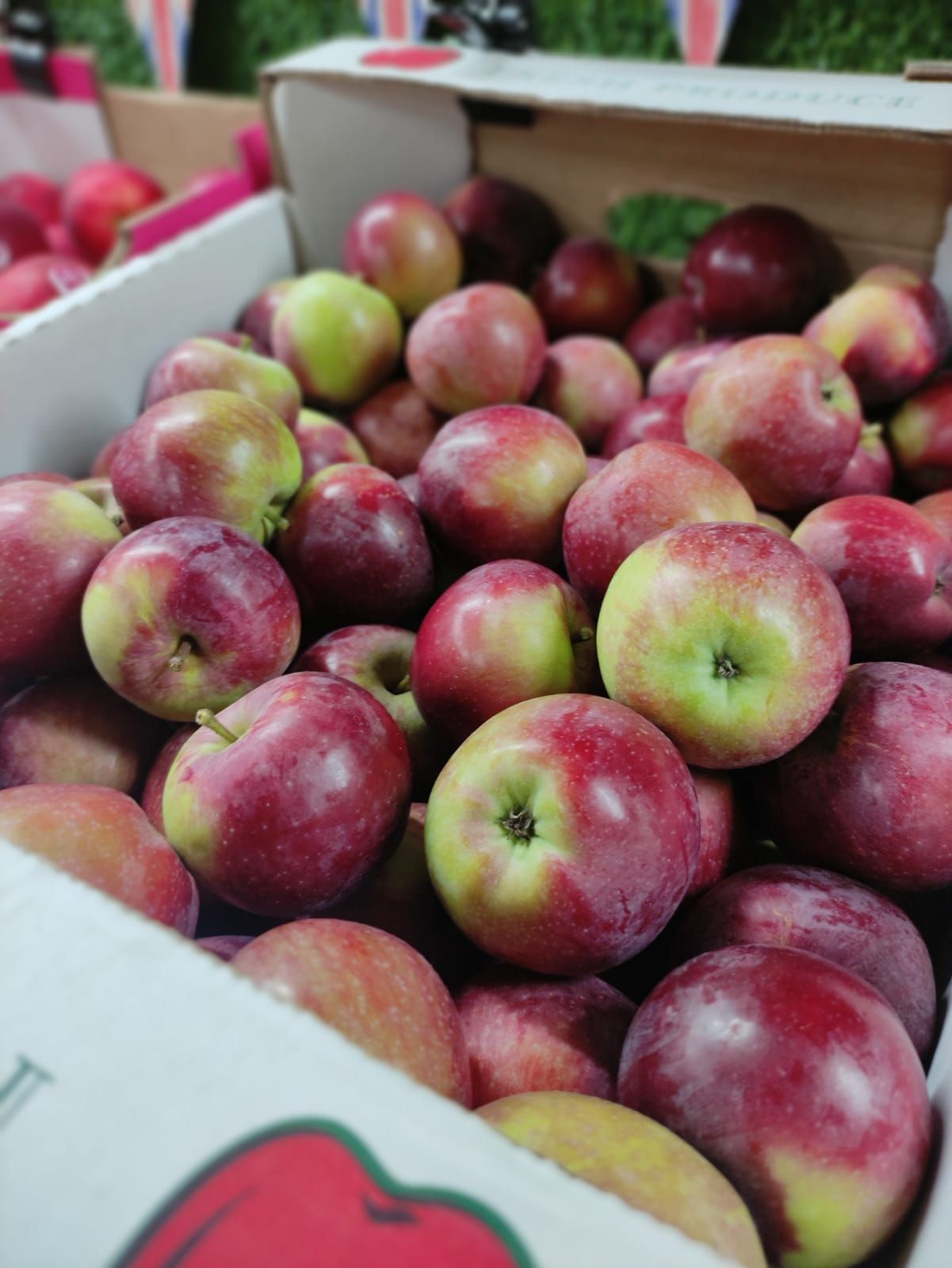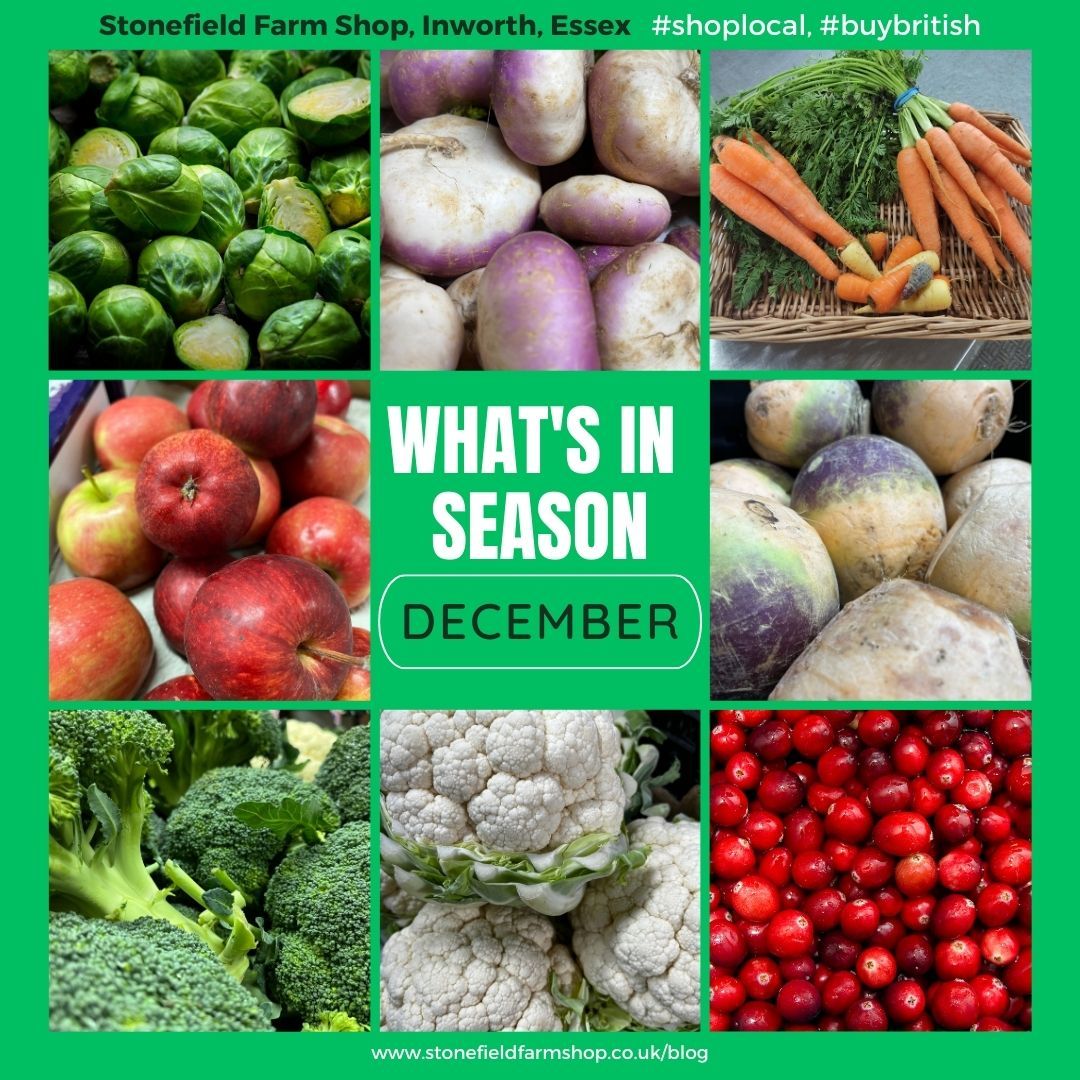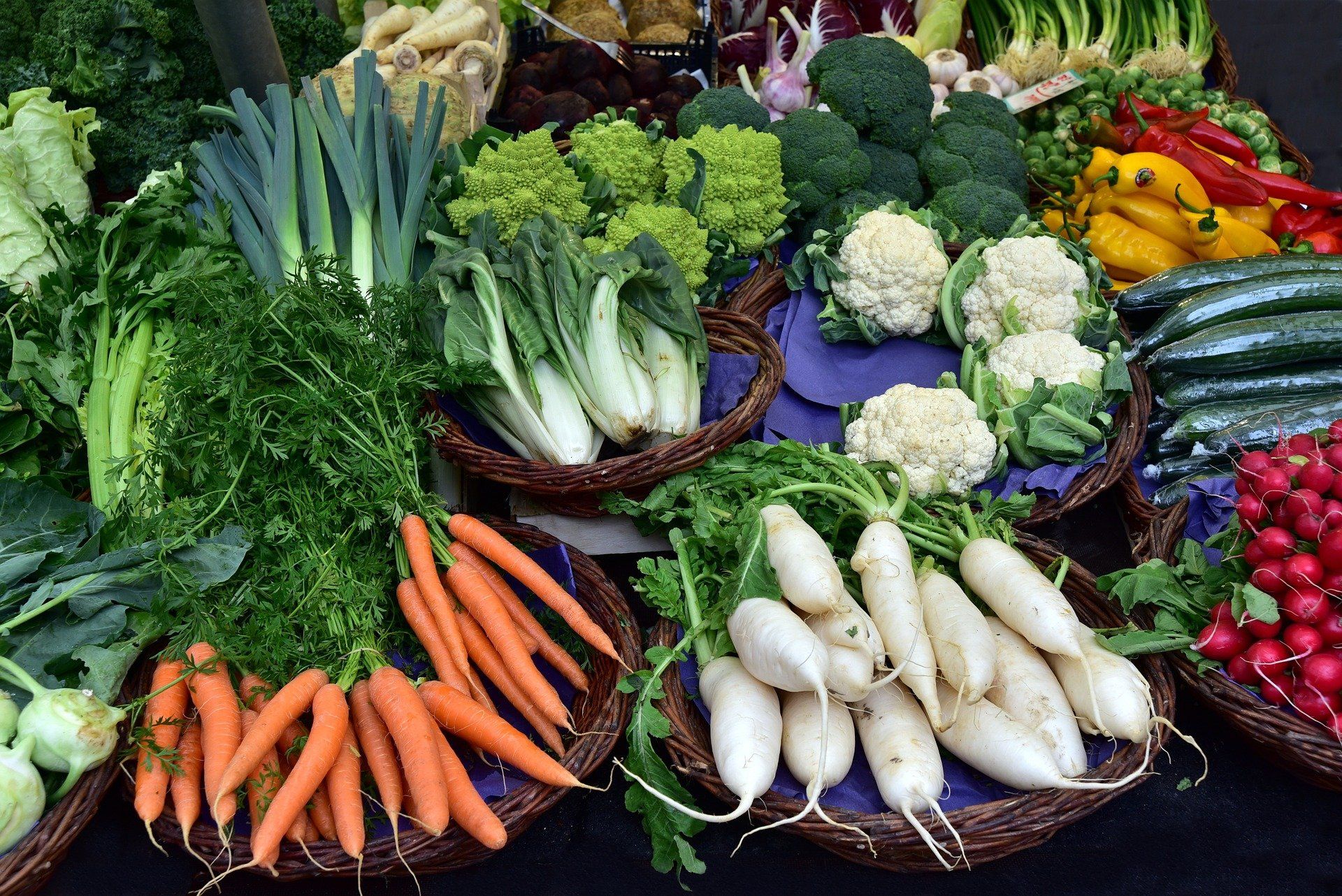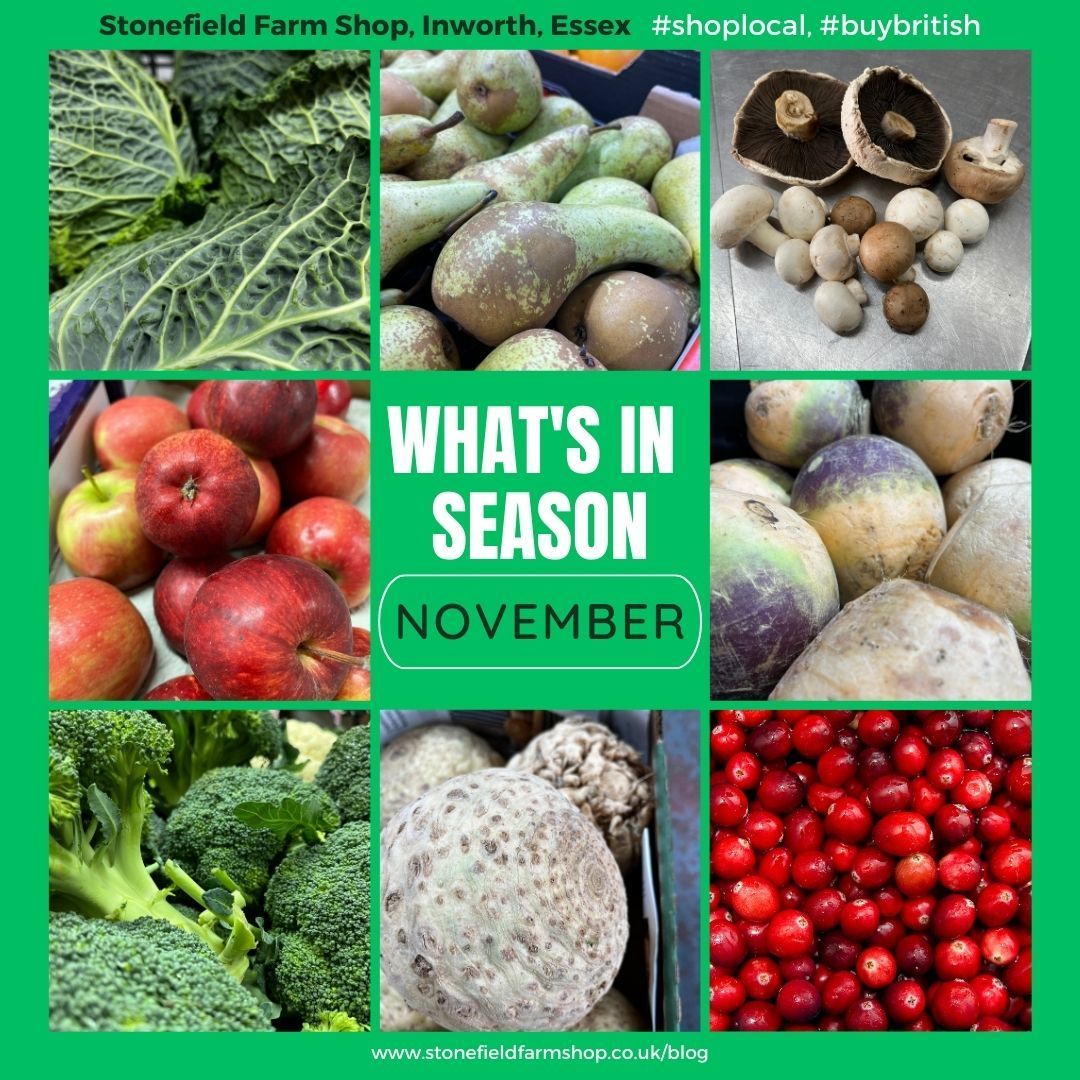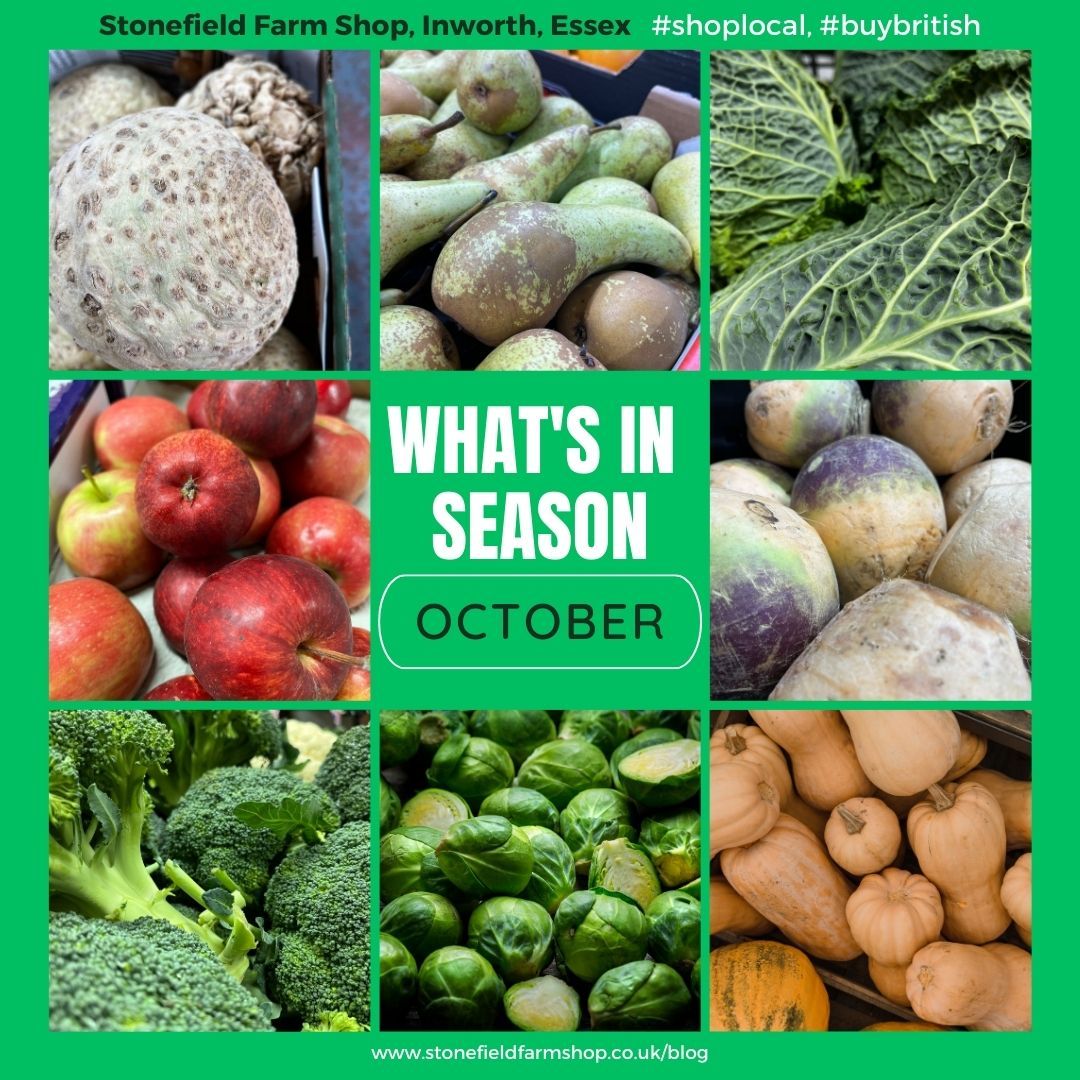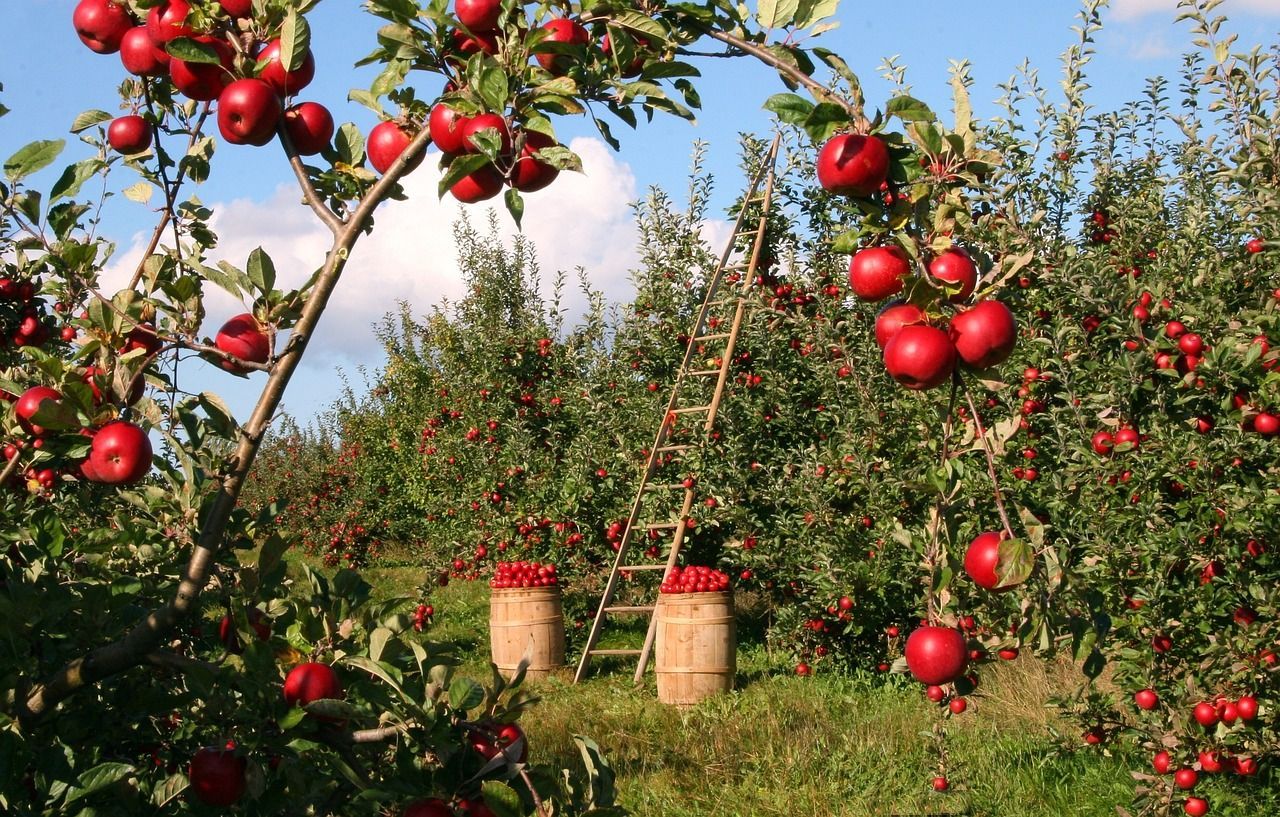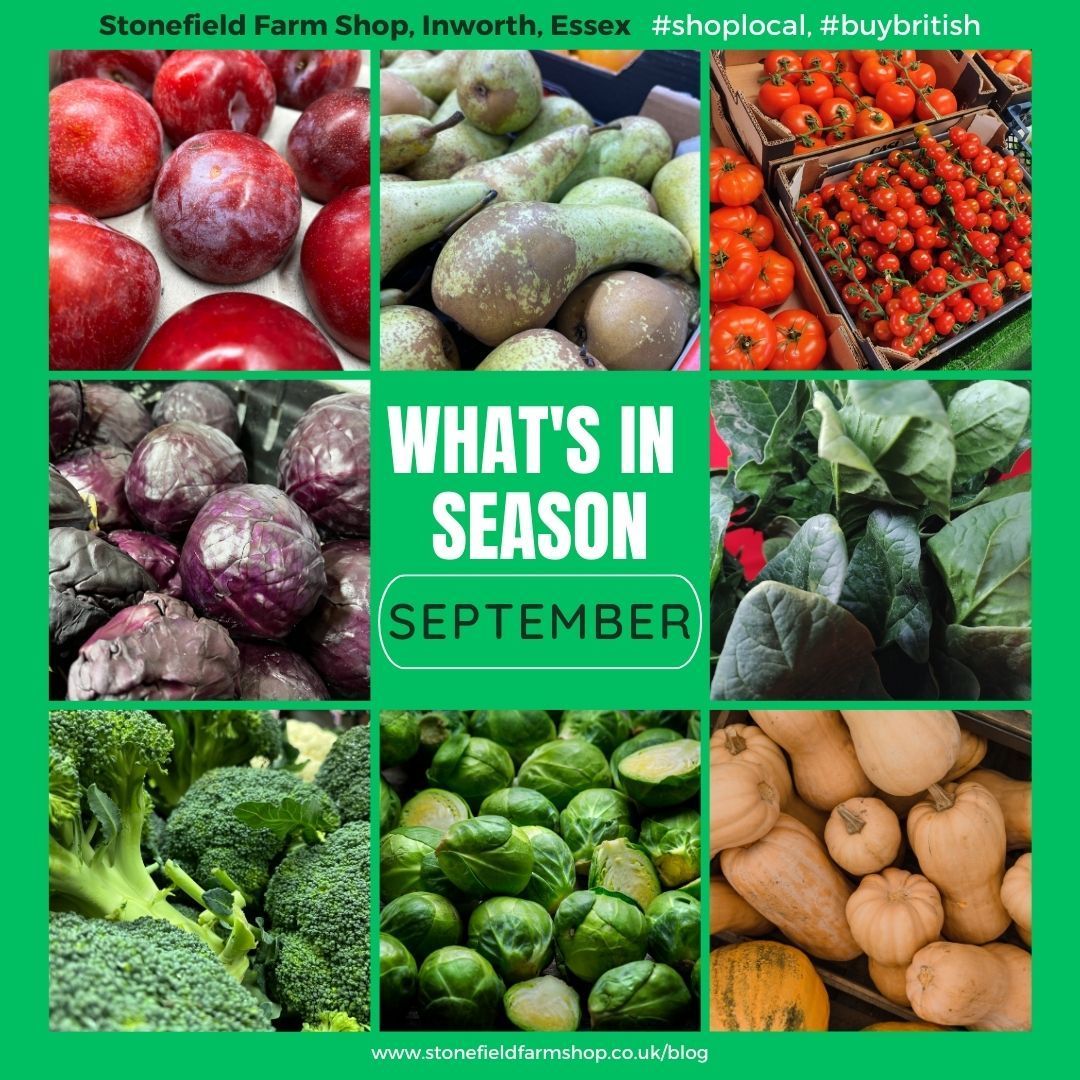From Field to Fork: Understanding Food Miles
At Stonefield Farm Shop, we pride ourselves on offering the freshest produce sourced directly from local farms.
Our commitment to quality extends beyond taste; it encompasses sustainability and environmental consciousness. One aspect we prioritize is understanding the concept of food miles and its significance in our food system.
What Are Food Miles?
Food miles refer to the distance food travels from the farm to your plate. This metric includes transportation from the farm to processing facilities, distribution centers, and finally, retail locations. The farther food travels, the higher its carbon footprint due to increased fuel consumption and emissions from transportation vehicles. Also, the longer the journey, the more your fruit and veggies deteriorate!
The Environmental Impact
Reducing food miles is crucial for mitigating the environmental impact of our food system. By sourcing locally, we minimize the need for long-distance transportation, thereby reducing greenhouse gas emissions and air pollution. Additionally, supporting local farmers promotes sustainable agricultural practices, such as crop rotation and reduced pesticide usage, which further contribute to environmental conservation.
Supporting Local Agriculture
Choosing locally sourced produce not only benefits the environment but also supports the local economy and agricultural community. By purchasing from nearby farms, you help sustain family-owned businesses, preserve agricultural land, and foster a sense of community resilience. Moreover, buying local fosters food security by reducing reliance on imported goods and strengthening regional food systems.
Our Commitment to Sustainability
We prioritize sustainability in every aspect of our operations. By partnering with local farmers, we minimize food miles, reduce carbon emissions, and support the livelihoods of our agricultural community.
Key Takeaways
- Food miles represent the distance food travels from farm to consumer.
- Reducing food miles minimizes carbon emissions and supports environmental sustainability.
- Supporting local agriculture promotes economic vitality and community resilience.
- By choosing locally sourced produce, you can make a positive impact on the environment and their communities.
In conclusion, understanding the concept of food miles is essential for making informed choices about our food consumption. By prioritizing locally sourced produce, we can minimize our carbon footprint, support local farmers, and contribute to a more sustainable food system.
